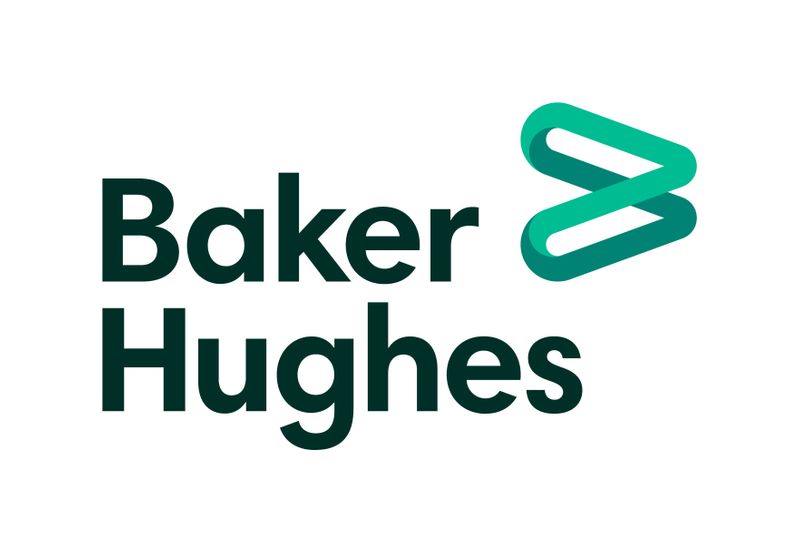OSLO (Reuters) – Baker Hughes and Norway’s Akastor plan to merge their offshore oil drilling equipment units to combine their complementary technologies, with a view to listing the new company longer term, they said on Tuesday.
Demand for new drilling equipment has been weak amid the COVID-19 pandemic and last year’s plunge in the price of oil, and the companies said proforma revenue for the new unit declined by 16% in 2020 to $713 million.
Combining the drilling technology of Akastor’s MHWirth, which sits on top of an oil rig, with seabed pressure control units made by Baker Hughes Subsea Drilling Systems (SDS), will cut costs and create a complete product offering, Akastor told Reuters.
“This is the sort of equipment MHWirth has wanted for many years, but which is difficult to invent from scratch as it’s strictly regulated and technically complex,” Akastor Chief Financial Officer Oeyvind Paaske said of the SDS products.
Akastor shares hit a 12-month high in early Oslo trade and were up 6.1% by 1338 GMT.
The new company will be owned 50% by each of the parent companies and will have a dual headquarters in Houston, Texas and the southern Norwegian town of Kristiansand, the two companies said.
An initial public offering could come a year or more after the deal closes, Paaske said.
“This transaction makes a stock market listing more realistic,” Paaske said, adding that Akastor had considered listing MHWirth previously but didn’t feel it had the right set-up to be an independent company.
The new company also plans to expand within onshore oil drilling and in non-oil businesses such as mining at sea and on land.
Annual cost savings from the deal were estimated at between $10 million and $11 million, Akastor said. The company declined to comment on potential job losses.
Baker Hughes will get a cash payout of $120 million from the new firm when the deal closes, and will be owed a further $80 million, while Akastor will receive $100 million in cash and be owed another $20 million.
The deal is subject to regulatory approvals and is expected to close in the second half of 2021.
(Reporting by Terje Solsvik; editing by Jason Neely and Susan Fenton)

























